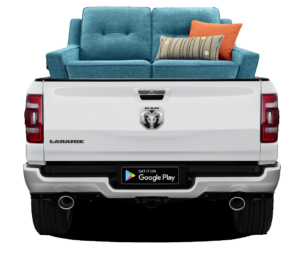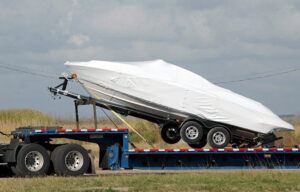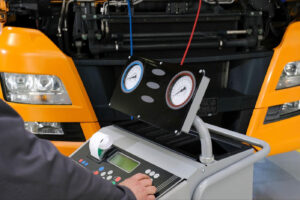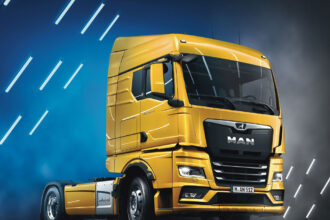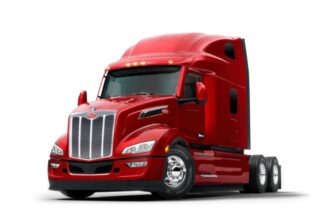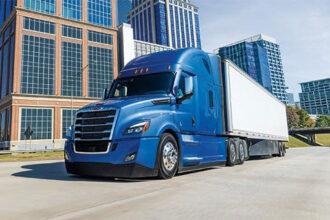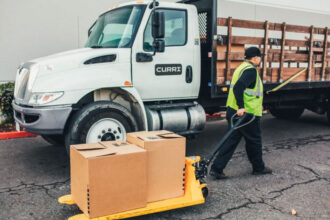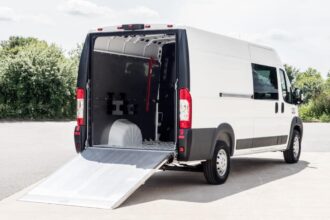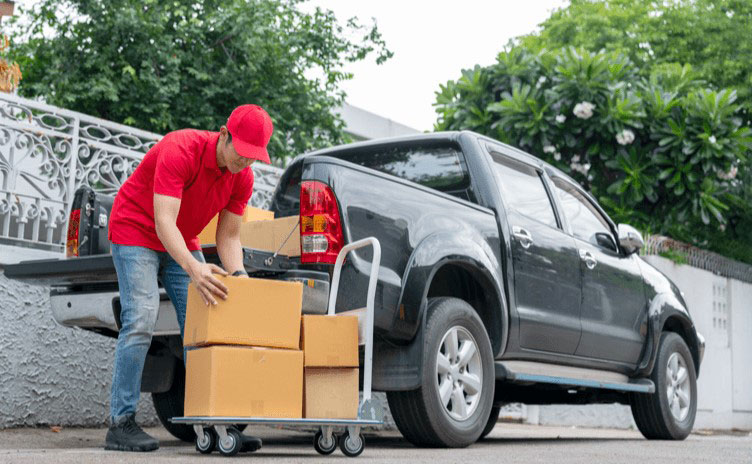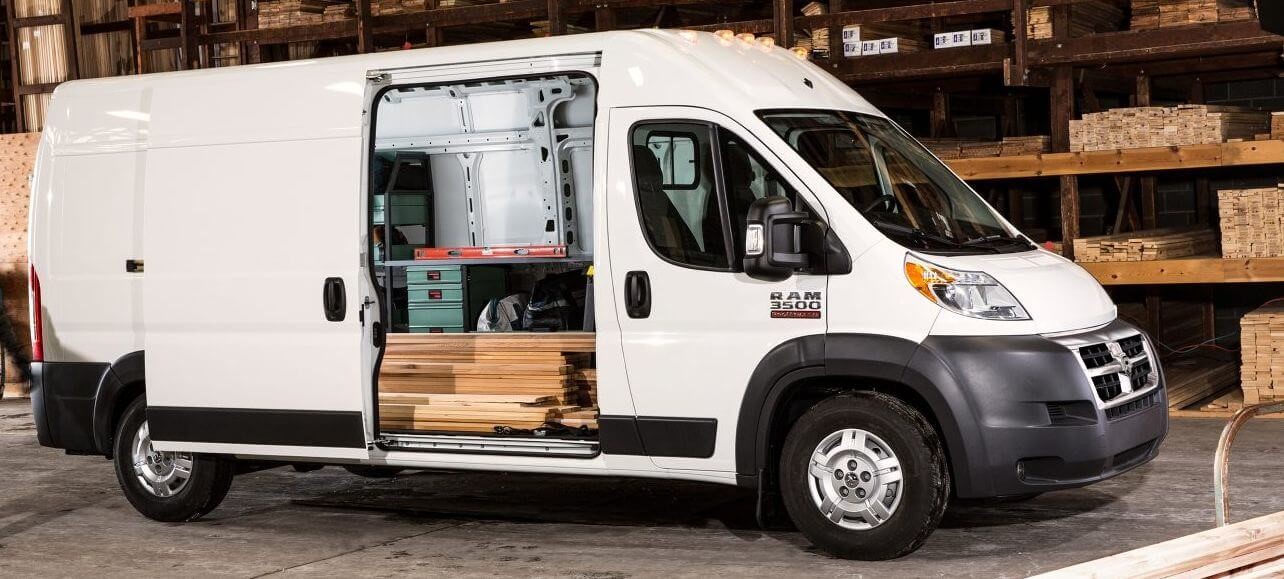Table of Contents
Introduction
Congratulations on taking the first step toward an exciting journey: starting your own tow truck business. This venture promises both thrills and challenges, but rest assured, it’s a path that can lead to substantial rewards. To help you chart this course effectively, you need more than just a dream; you need a well-structured plan and a rock-solid foundation.
That’s where this Tow Truck Business Checklist comes into play. This guide is your navigator, guiding you through each critical checkpoint, revealing why it’s crucial, uncovering its advantages and disadvantages, and providing you with the essential details that can make or break your tow truck business’s success.
So what are you waiting for, hit the road to tow truck business triumph!
Tow Truck Business Checklist
Introduction
- Business Plan
- Tow Truck Selection
- Licensing and Permits
- Insurance Coverage
- Vehicle Maintenance and Safety
- Marketing and Branding
Overview of Tow Truck Business Checklist
How to Choose Tow Truck Business Checklist
Pros & Cons of Tow Truck Business Checklist
What to Watch Out For
Pro Tips
Recap
>>>MORE: How to Start a Tow Truck Business
1. Business Plan
A business plan is essential for any new business but it is especially important for a tow truck business. A well-written business plan helps you define your goals, target market, and marketing strategy. It also helps you secure financing and attract investors.
- Keeps you organized and focused.
- Enables better decision-making.
- Eases financing and investor attraction.
- Demands time and effort.
- Requires realism and achievability.
Your business plan should include the following sections:
- Executive Summary
- Company Description
- Products and Services
- Market Analysis
- Marketing Plan
- Financial Projections
You can find more information about creating a business plan online or from a business consultant.
2. Tow Truck Selection
Your choice of tow truck is the backbone of your business. The type of tow truck you select can significantly impact your operations and long-term success. Different tow trucks cater to various towing needs, so it’s essential to choose the right one for your target market and budget.
- Offers specialized towing capabilities
- Enhances efficiency and expands services
Provides financing flexibility
- Imposes significant upfront costs
- Demands specific licenses or certifications
- Incurs accumulating maintenance expenses
Evaluate towing capacity: Assess the tow truck’s towing capacity to ensure it meets your business needs.
Examine fuel efficiency: Consider the vehicle’s fuel efficiency to manage operational costs effectively.
Review maintenance demands: Analyze the maintenance requirements of the tow truck to gauge long-term expenses.
Comply with local regulations: Ensure that the tow truck aligns with local regulations and requirements.
Research reputable sellers: Conduct thorough research to identify reputable dealerships or sellers.
Inspect vehicles rigorously: Before making a purchase, perform a comprehensive inspection of the vehicle to verify its condition and suitability for your business.
3. Licensing and Permits
To operate legally and avoid potential legal troubles down the road, obtaining the necessary licenses and permits is paramount for your tow truck business.
- Avoids hefty fines and penalties
- Builds trust with customers
- Ensures safety and well-being
- Involves time-consuming processes
- Challenges in navigating location-based requirements
Licensing and permitting requirements for tow truck businesses in the United States can vary significantly from one state to another, and sometimes even from one locality to another within the same state. The specific licenses and permits you need depends on your location, the size of your operation, and the types of services you offer.
Here’s a general overview of the common licensing and permitting requirements you might encounter when starting a tow truck business in the USA:
- Business License: Most states and localities require tow truck operators to obtain a general business license to legally operate. This license is usually obtained from the city or county where your business is located. The process typically involves submitting an application, paying a fee, and complying with any local zoning regulations.
- Towing License: Some states have specific towing licenses or permits that tow truck operators must obtain. These licenses often involve additional requirements such as background checks, vehicle inspections, and proof of insurance. Requirements for towing licenses can vary widely, so it’s essential to check with your state’s Department of Transportation or similar agency.
- Commercial Driver’s License (CDL): If you or your drivers are operating heavy-duty tow trucks, you may need a CDL with the appropriate endorsements. The CDL requirements can vary depending on the weight and type of tow truck you operate. To obtain a CDL, you’ll typically need to pass written and skills tests.
- Towing Permit: Some states and municipalities require a towing permit for each tow truck you operate. These permits often involve additional fees and may require vehicle inspections and proof of insurance.
- Environmental Permits: If your tow truck business involves hazardous materials, such as towing wrecks with spilled fuel or other dangerous substances, you may need environmental permits to handle and transport these materials safely.
- Insurance Requirements: Many states have specific insurance requirements for tow truck businesses. You’ll likely need to carry liability insurance to cover potential accidents or damage during towing operations. The minimum insurance coverage can vary by state.
- Federal Regulations: If your tow truck business involves interstate transportation, you may need to comply with federal regulations enforced by the Federal Motor Carrier Safety Administration (FMCSA). This could include obtaining a USDOT (United States Department of Transportation) number and complying with various safety regulations.
- Local Permits: In addition to state-level requirements, you may also need permits from the local government where you operate. These permits might include zoning permits, signage permits, or other local regulations that apply to your business.
- Safety Certifications: Some states or municipalities may require safety certifications for tow truck operators, especially if you handle heavy-duty towing or specialized recovery operations.
4. Insurance Coverage
Insurance is your safety net in case of accidents or liabilities. Operating a tow truck business without adequate insurance can lead to significant financial losses and legal troubles.
- Safeguards your assets
- Offers liability protection
- Boosts customer confidence
- Involves expensive premiums
- Presents challenges in provider selection
Collaborate with a seasoned insurance agent or broker: Partner with an insurance professional well-versed in the distinctive requirements of tow truck enterprises.
Verify comprehensive policy coverage: Ensure that your policy encompasses auto liability, physical damage to your trucks, on-hook towing coverage, and garage liability.
Regularly assess and revise your coverage: Continuously review and update your insurance coverage to align with the evolving needs and growth of your business.
The type of insurance you need depends on the size and scope of your business. However, some common types of insurance for your tow truck businesses include:
- Commercial liability insurance
- Workers’ compensation insurance
- Property insurance
- Garage keepers liability insurance
- Auto insurance
You can find more information about the different types of insurance available for tow truck businesses online or from an insurance agent.
>>>PRO TIPS: Tow Truck Business Ideas
5. Vehicle Maintenance and Safety
Regular vehicle maintenance is crucial to ensure the safety of your drivers, customers, and the vehicles you tow. Neglecting maintenance can lead to accidents and damage to your reputation.
- Reduces breakdown and accident risks
- Prolongs vehicle lifespan
- Enhances reputation and reliability
- Accumulates maintenance expenses
- Causes business downtime
Establish a maintenance schedule for each tow truck: Develop a maintenance plan for every tow truck and adhere to it consistently.
Conduct regular inspections: Perform routine inspections of tires, brakes, lights, and other vital components on a regular basis.
Promote immediate issue reporting: Encourage your drivers to promptly report any problems they encounter.
Evaluate a maintenance tracking system: Consider the option of investing in a maintenance tracking system to streamline and optimize this process.
6. Marketing and Branding
Effective marketing and branding are essential for attracting customers and establishing your tow truck business as a trusted and recognizable name in the industry.
- Expands reach and secures contracts
- Distinguishes from competitors and builds trust
- Showcases services and expertise
- Consumes time during development
- Demands ongoing time and resource investment
Establish a polished website: Create a professional website that presents clear information about your services, includes contact details, and showcases testimonials from satisfied customers.
Leverage social media and online directories: Utilize social media platforms and online directories to enhance your online presence and reach a wider audience.
Explore traditional advertising approaches: Consider traditional advertising methods such as distributing business cards, creating flyers, and engaging in local sponsorships as strategies to connect with your target audience.
Overview of Tow Truck Business Checklist
A tow truck business checklist serves as a vital document, outlining the essential steps for launching and running a successful operation. It provides a structured approach to keep you organized and focused, ensuring that no critical steps are overlooked.
This checklist encompasses key elements such as crafting a comprehensive business plan to define your goals and attract investors, selecting the appropriate tow truck tailored to your services and budget, acquiring the necessary licenses and permits specific to your location, securing the right insurance coverage for liability protection, implementing regular vehicle maintenance and safety checks, and developing a strategic marketing plan to establish your brand and reach your target audience.
>>>GET SMARTER: Tow Truck Business Accessories You Need to Succeed
How to Choose Tow Truck Business Checklist
When choosing a tow truck business, there are a few factors you should consider:
- Your budget: How much money do you have to invest in the business?
- Your experience: Do you have any experience in the towing industry?
- Your location: Where do you plan to operate the business?
- The competition: How much competition is there in the area?
- The demand: Is there a demand for towing services in the area?
Pros & Cons of Tow Truck Business Checklist
Pros
- Offer profit potential
- Provide valuable community service
- Generate high demand
- Operate in a relatively unregulated industry
Cons
- Pose competitive challenges
- Entail a high initial investment
- Incur ongoing high operational costs
- Require physical stamina
What to Watch Out For
When starting a tow truck business, there are a few things you should watch out for:
Competition
The towing industry is competitive, so you need to find a way to differentiate your business from the competition.
Regulations
The specific regulations governing tow truck businesses vary from state to state. You need to make sure you comply with all applicable laws and regulations.
Liability
The towing industry is a high-risk industry, so you need to have the appropriate insurance coverage to protect yourself from liability in the event of an accident or lawsuit.
Customer service
Tow truck customers are often in a difficult situation, so it is important to provide excellent customer service.
Pro Tips
- Get the necessary licenses and permits.
- Purchase the right equipment.
- Hire experienced tow truck operators.
- Develop a marketing plan.
- Provide excellent customer service.
- Be competitive on pricing.
- Stay up-to-date on industry regulations.
Recap
In your journey toward establishing a successful tow truck business, this comprehensive Tow Truck Business Checklist acts as your invaluable guide. This checklist covers the crucial steps, from crafting a well-structured business plan to selecting the right tow trucks, acquiring the necessary licenses and permits, securing insurance coverage, and maintaining your vehicles for safety.
Moreover, it highlights the significance of effective marketing and branding to attract customers and build trust in the competitive towing industry. While the venture promises substantial rewards, it’s essential to be aware of potential challenges such as competition, high initial investment, and ongoing operational costs.
With these insights and pro tips at your disposal, you’re well-equipped to navigate the path toward tow truck business success, ensuring that you hit the road with confidence and competence.



